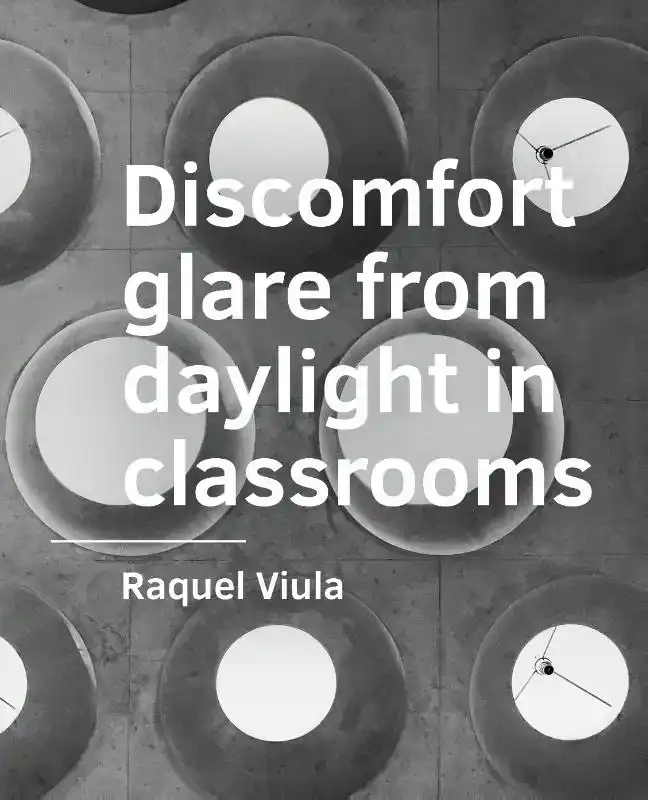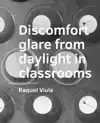- Engels
- Study
- nature & science
- technische wetensch.
- bouwkunde
- DISCOMFORT GLARE FROM DAYLIGHT IN CLASSROOMS
VIULA, RAQUEL
DISCOMFORT GLARE FROM DAYLIGHT IN CLASSROOMS
29,95incl BTW
Vertrouwd sinds 1927
Persoonlijke aandacht en advies
Vanaf 17,50 gratis verzenden NL & BE
Meer dan 150.000 artikelen online
Omschrijving DISCOMFORT GLARE FROM DAYLIGHT IN CLASSROOMS
Provision of daylight without the risk of discomfort glare is one of the aspects that determine the quality of the classroom environment. Although discomfort glare from daylight is under investigation for a long time, a knowledge gap concerning the a
pplicability of the existing metrics to the spatial conditions of the classroom is identified in this work. An investigation on the applicability of existing metrics to the prediction of discomfort glare in classrooms has been carried out based on tw
o experimental studies. The analysis shows that the existing metrics have poor predictive ability particularly in the sitting positions away from the window light source. A study is then carried out to investigate how can more appropriate predictive
models of discomfort glare be developed, based on three different methods. A modification of the Daylight Glare Probability (DGP) equation produced a significantly better discomfort glare model than any of the metrics that have been studied in this w
ork. Following this finding, a new metric, DGPlog(Ev)new, is proposed. The produced metric suggests that discomfort glare in the classroom is better identified based on a range of equations for different sitting positions or that new variables that a
ccount for sitting position need to be included in a predictive model of discomfort glare for these spaces. A set of architectural design guidelines towards a discomfort glare free classroom is then proposed, based on the newly produced model and on
the collected data.
pplicability of the existing metrics to the spatial conditions of the classroom is identified in this work. An investigation on the applicability of existing metrics to the prediction of discomfort glare in classrooms has been carried out based on tw
o experimental studies. The analysis shows that the existing metrics have poor predictive ability particularly in the sitting positions away from the window light source. A study is then carried out to investigate how can more appropriate predictive
models of discomfort glare be developed, based on three different methods. A modification of the Daylight Glare Probability (DGP) equation produced a significantly better discomfort glare model than any of the metrics that have been studied in this w
ork. Following this finding, a new metric, DGPlog(Ev)new, is proposed. The produced metric suggests that discomfort glare in the classroom is better identified based on a range of equations for different sitting positions or that new variables that a
ccount for sitting position need to be included in a predictive model of discomfort glare for these spaces. A set of architectural design guidelines towards a discomfort glare free classroom is then proposed, based on the newly produced model and on
the collected data.
Specificaties
- MerkBK Books
- GroepTECHNISCHE WETENSCH (950)
- Barcode9789463665919
- LeverstatusActief
Reviews
0.0/5.0
Gemiddelde uit 0 reviews
Meest behulpzame reviews
Nog geen reviews geschreven


